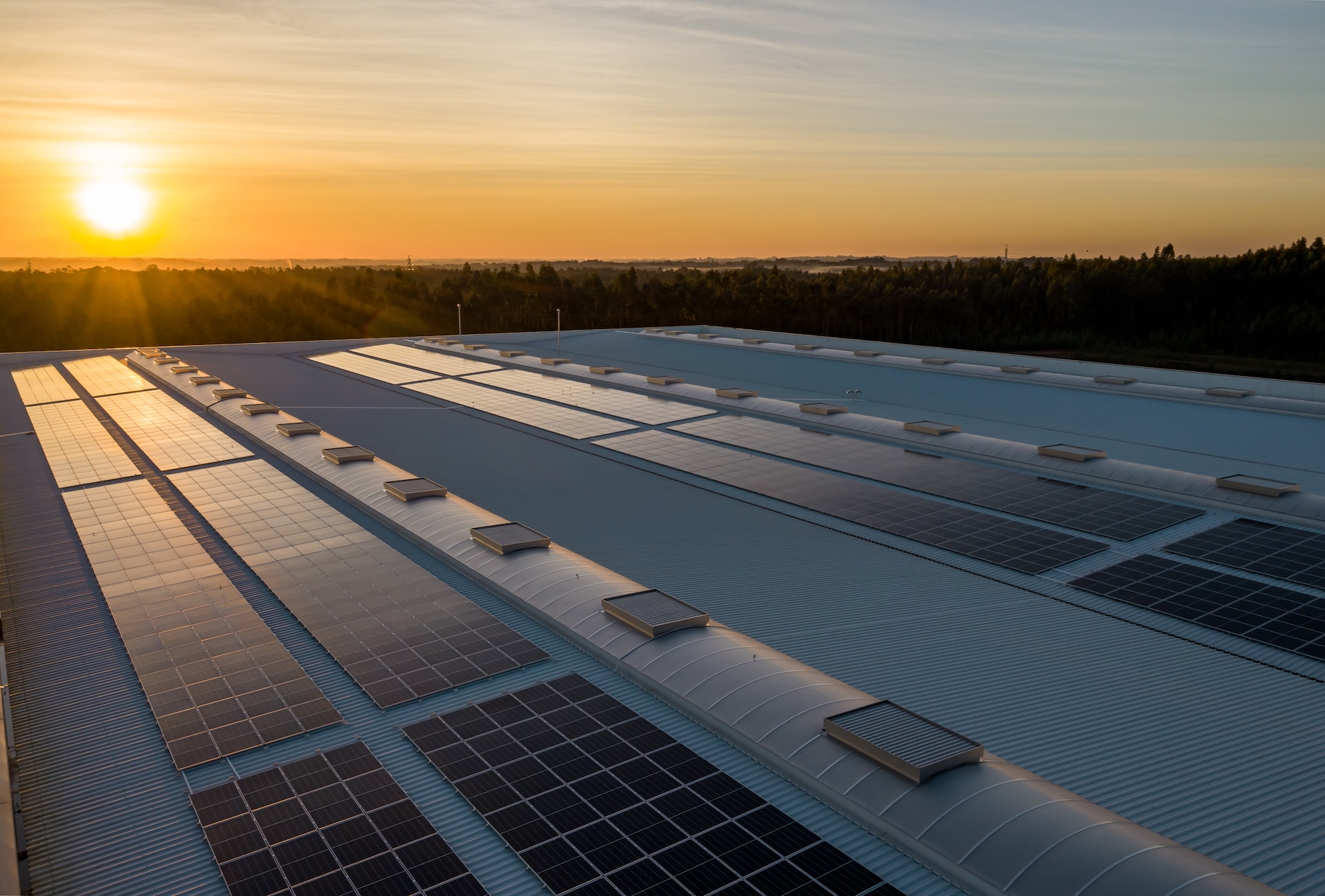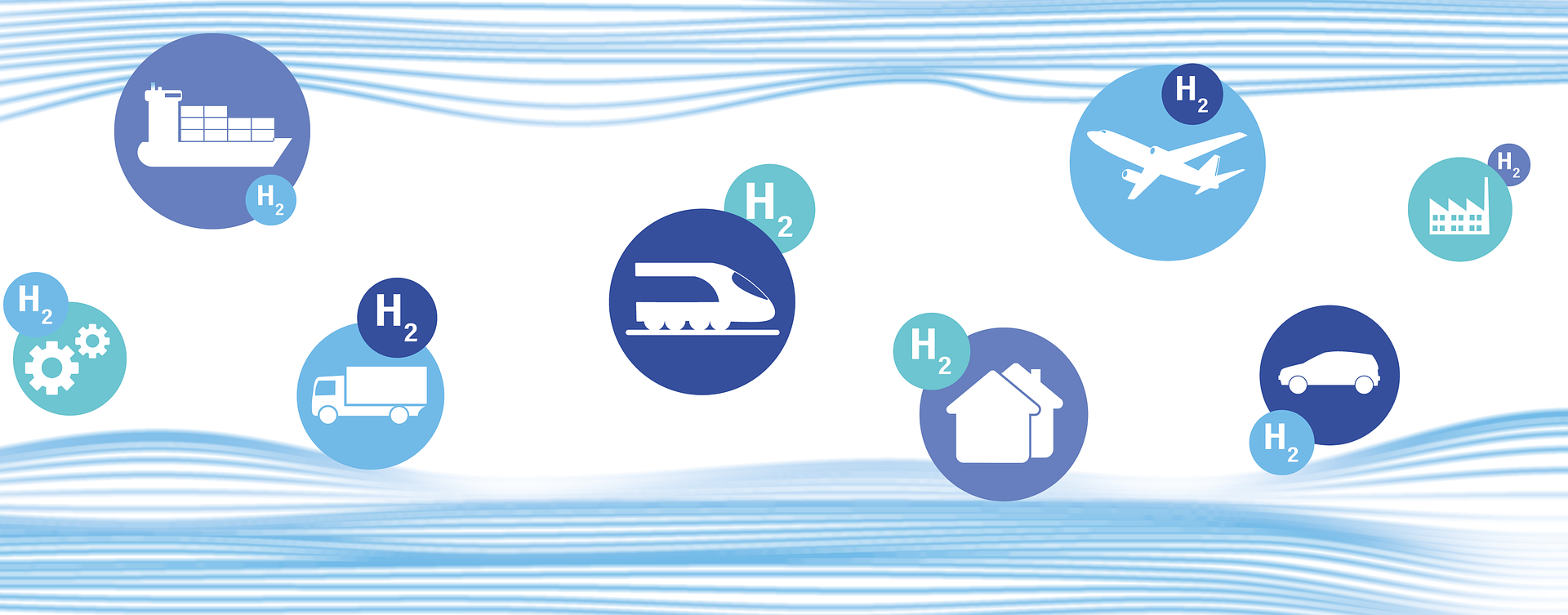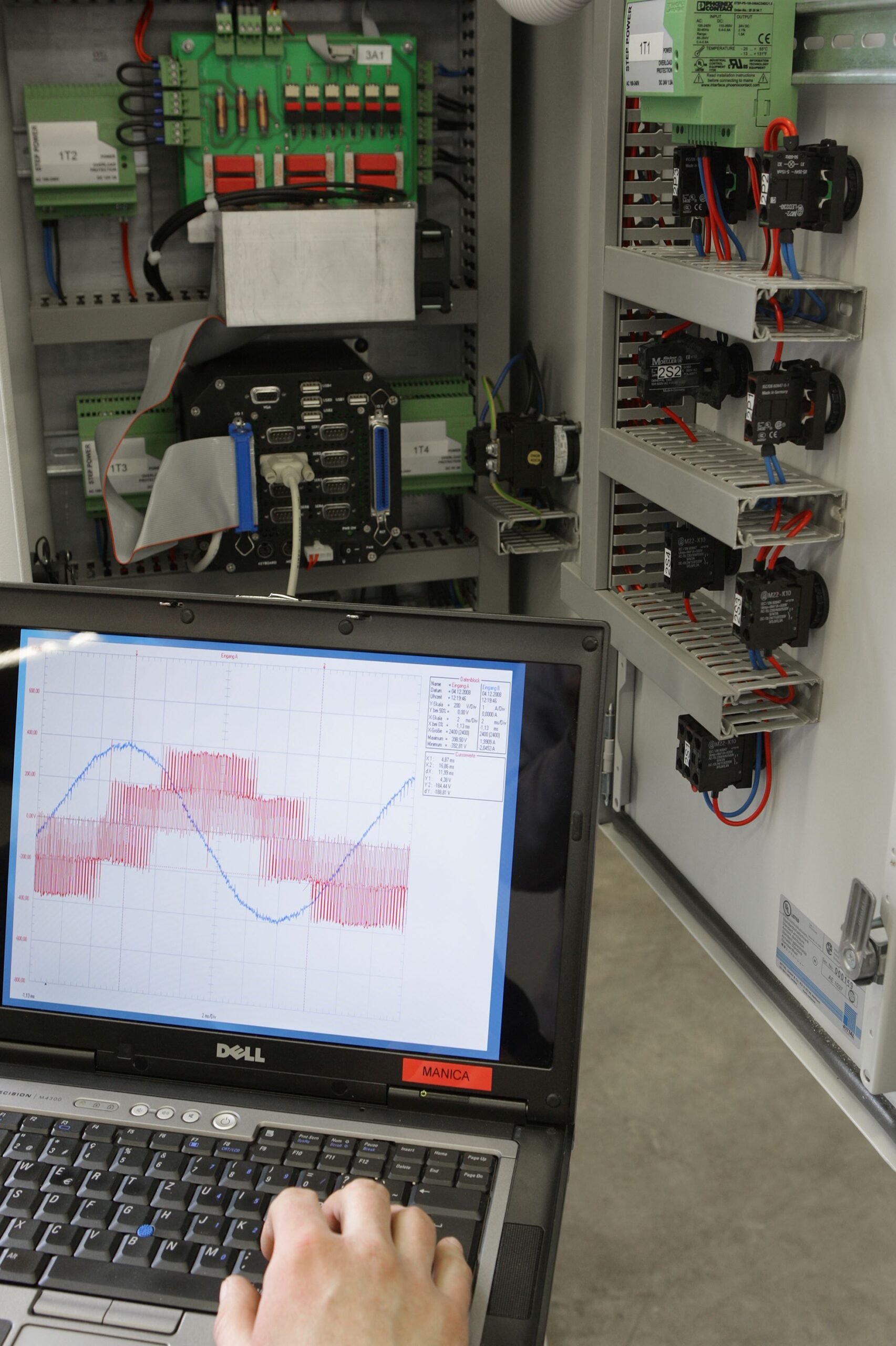About
Energy is the lubricant of our society. Securing our prosperity depends on a reliable and affordable energy supply. Despite the immense expansion of renewable energy systems, the energy supply of most industrialized nations is still largely based on fossil fuels. In the course of decarbonising our society and industry, it is necessary to convert the energy supply to exclusively renewable energy sources. This type of energy supply also has the advantage of making us independent of raw material supplies, particularly from politically unstable regions of the world, while at the same time conserving our planet’s limited resources. However, the supply of wind and solar energy is subject to daily and seasonal fluctuations.
Significant overcapacities in installed power, energy transmission networks and energy storage are therefore necessary to ensure security of supply. Achieving this requires the development and implementation of innovative power electronic systems, smart transmission grids, intelligent consumer systems as well as the coupling of energy sectors. Integrating the Internet of Things and smart sensors play a crucial role in optimizing resources and minimizing the need for excessive overcapacities.
This is why an interdisciplinary approach is necessary for the design of a modern energy supply concept. This includes the classic engineering disciplines of electrical and mechanical engineering, as well as wastewater and traffic management, building-, heating- and cooling technology. Additionally, cutting-edge technologies in communication, big data management, smart sensors and measurement, and artificial intelligence are key to achieving the highest efficiency in energy systems.
Thanks to its interdisciplinary expertise in pioneering fields such as biogas and biofuels, building energy technology, thermal- and electrical energy, power electronics and control engineering, along with advanced measurement technologies, the department is committed to addressing the challenges of modern energy solutions. The first step towards networked energy technology has already been taken by establishing the Chair for Process Technology with a focus on hydrogen technology.







